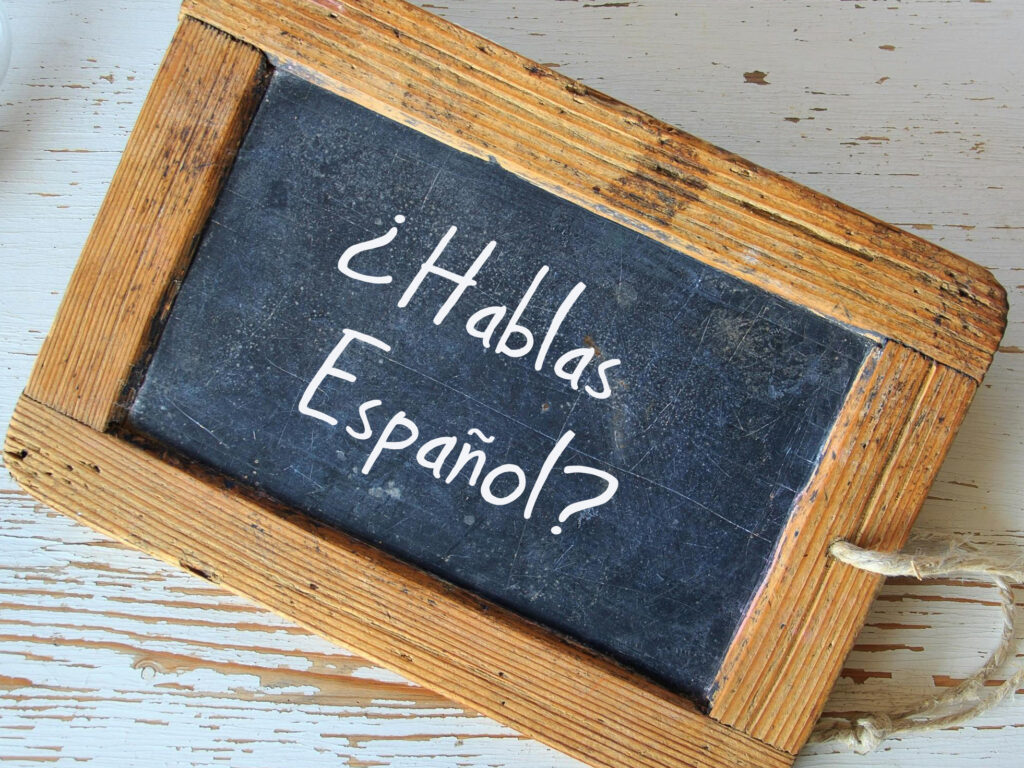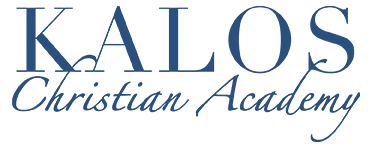Course Descriptions
American History and Government
Instructor: Matthew Tabke
Wednesday and Friday mornings, 9:05 AM to 10:35 AM
This course will overview American History from the pre-colonial period through the start of the 21st Century. The historical and religious landscape that gave birth to the United States will be considered along with the political and philosophical foundations that were laid for the nation. Students will read primary sources from those who have influenced the trajectory of America and will leave class equipped to engage in discussion about the essence of the United States. Both teacher and students will converse over the question, “what is America?”
Biology
Wednesday and Friday afternoons, 12:50 PM to 2:20 PM
Honors Biology is a laboratory-based high school course. The course uses the Discovering Design with Biology text by Dr. Paul Madtes Jr and Dr. Jay L. Wile, published by Berean Builders. Students are expected to read the assigned text before gathering each week in class. During class, we will discuss the readings, review concepts, and complete lab experiments.
 The experiments include extracting DNA from fruit, examining the effects of temperature and pH on enzymes, exploring osmosis and diffusion, building a pedigree, culturing bacteria, growing and examining fungi, and analyzing the structure of a feather. In addition, there are several experiments that explore the microscopic world, including identifying the stages of mitosis, studying live bacteria that were cultured by the student, identifying budding in yeast, and analyzing the microscopic structure of plants and animals. There are also four dissection experiments: the earthworm, crayfish, fish, and frog.
The experiments include extracting DNA from fruit, examining the effects of temperature and pH on enzymes, exploring osmosis and diffusion, building a pedigree, culturing bacteria, growing and examining fungi, and analyzing the structure of a feather. In addition, there are several experiments that explore the microscopic world, including identifying the stages of mitosis, studying live bacteria that were cultured by the student, identifying budding in yeast, and analyzing the microscopic structure of plants and animals. There are also four dissection experiments: the earthworm, crayfish, fish, and frog.
Chemistry
Instructor: Deborah Boetig
Wednesday and Friday afternoons, 2:25 PM to 3:55 PM

This course requires students to have completed a physical science and biology course. (These prerequisites did not need to be filled at KCA.)
Early Church History
Instructor: Matthew Tabke
Wednesday and Friday mornings, 10:40 AM to 12:10 PM
This course will cover church history from the book of Acts through the Modern Era. Students will be introduced to the course by considering the concept of the people of God in the Old Testament. The course will then cover major developments in the history of the Church in six major periods: Early Church, Roman Christianity, Medieval Christianity, the Reformation, the Enlightenment Era, and the Modern Era. Students will think about their place as Christians in the great story of the people of God, seeing how Christ has been building a holy nation for Himself through the Holy Spirit’s power for over 2000 years.
Introduction to Formal Logic
Tuesday and Thursday afternoons, 12:50 PM to 2:20 PM
This course will introduce formal logic training and the art of reasoning well from a foundation of Biblical truth. Students will grow in critical thinking skills, identify fallacies, discern truth, construct arguments, and more. This course is ideal for seventh through ninth-grade students and fills a prerequisite for The Art of Speaking Well course.
Latin I & Latin II
Instructor: Emily Duffey
Monday and Wednesday mornings, 9:05 AM to 10:35 AM
Latin I is an introductory course to Latin suitable for students with no Latin experience as well as those with rudimentary exposure. Latin II is for students who have a solid understanding and are ready to be challenged beyond the foundations of Latin. Both classes will utilize the Orberg (spoken) method with cross-application of English grammar reinforcement. Students will obtain knowledge of Latin from the introduction of the basic concepts of the Latin language via investigation, discovery, memorization, and advanced application. Supplementary materials will be provided by the teacher to help students work through the grammatical and linguistic concepts while incrementally introducing them to the art of spoken Latin, reinforced by reading adapted and unadapted classical works. The class will be divided to accommodate various ability and skill levels as necessary (based on enrollment).
Medieval Humanities
Instructor: Emily Duffey
Monday and Wednesday mornings, 10:40 AM to 12:10 PM
Were the Middle Ages really the Dark Ages? This course examines the thousand-year period between the fall of Rome and the Renaissance – a time of kings, queens, knights, epic quests, and natural and mystical wonders. The development of the Church during this time brought about a Christianized Europe struggling to balance the right to rule with ruling well, resulting in clashes between the political and the religious. It was a time of plagues, crusades, and mystery.
This course will cover the historical, political, religious, literary, and artistic growth of Europe. Students will read classical literature (culminating Dante’s Divine Comedy), develop a robust vocabulary utilized within various writing prompts, and participate in Socratic dialog. Some development of grammar will be incorporated as necessary throughout the course to improve the writing process.
New Testament
Instructor: Neopi Kipken
Wednesday and Friday afternoons, 12:50 PM to 2:20 PM
A historical and expositional study of the four gospels: Matthew, Mark, Luke, and John. This course will explore the life and teaching of Jesus as recorded in the four Gospels and examine both the internal and external evidence that supports the reliability of the
Gospels as historical documents. Furthermore, it seeks to deepen students’ understanding of Jesus as portrayed in the four gospels and how it relates to their own lives and eternity.
Old Testament Theology
Instructor: Matthew Tabke
Monday and Wednesday afternoons, 12:50 PM to 2:20 PM
This course will introduce the discipline of Old Testament and showcase its relevance as a religious, historical, and philosophical document for the people of God in the modern world. Students will become familiarized with the contents of the Old Testament and consider topics within like Old Testament ethics, the theocracy of Israel, the nature of prophecy, and Christ in the Old Testament. Numerous connections between the Old and New Testament will be displayed to aid in students’ understanding of the glory of God in the Old Testament. Students should leave class delighting in the beauty and complexity of the Old Testament with a strong sense of its importance in the Christian life.
Spanish I, Spanish II, and Spanish III
Instructor: Amy Gay
Spanish 1 Tuesday and Thursday mornings, 9:05 AM to 10:35 AM
Spanish 2 Tuesday and Thursday afternoons, 12:50 PM to 2:20 PM
Spanish 3 Summer Session

Spanish is one of the world’s most prominent and fastest-growing spoken languages. In this class, we will build from introductions and beginning dialogue, read from written passages and stories, and utilize visual arts and media, thus enhancing our vocabulary and understanding of sentence structure. Following a Charlotte Mason teaching style, we will work from the known to build and form oral and written sentences. Embedded in this process, we construct a grammatical understanding of Spanish. By developing language skills, one can begin to interact cross-culturally, learn another’s heart language, and assist in one’s English grammatical understanding.
Spanish I is an entry-level class open to students in seventh grade or higher. Students wishing to enroll in Spanish II or Spanish III must complete at least one year of Spanish training prior and pass an assessment for placement.
The Art of Speaking Well
Instructor: Amber Kaspar
Tuesday and Thursday mornings, 10:40 AM to 12:10 PM
This introductory course teaches students classical rhetoric from a Christian perspective. This course equips students with tools of communication and will teach the theory of using words well. Students will listen to and read past speeches, write essays, engage in class discussion, memorize past speeches, debate, and write and present original speeches.
Formal Logic is a prerequisite for this class. (This prerequisite did not need to be filled at KCA.) Basic knowledge of grammar and writing styles are recommended skills for students enrolling in this course.
To inquire or register, fill out the form below.
Course Fees and Enrollment
Each course is taught by a qualified professional teacher, and they will meet in person, twice a week on a block schedule.
Annual Tuition for each course is $1000. This includes instruction and curriculum.
The maximum enrollment per course is twelve students.
The admission deadline for each secondary course is May 15th, 2024
A minimum enrollment of eight students per course is required. If the minimum course enrollment is not fulfilled, full refunds will be issued by May 31st, 2024.
Please check back regularly for updated course offerings. Please email your questions to office@kaloskc.com.
